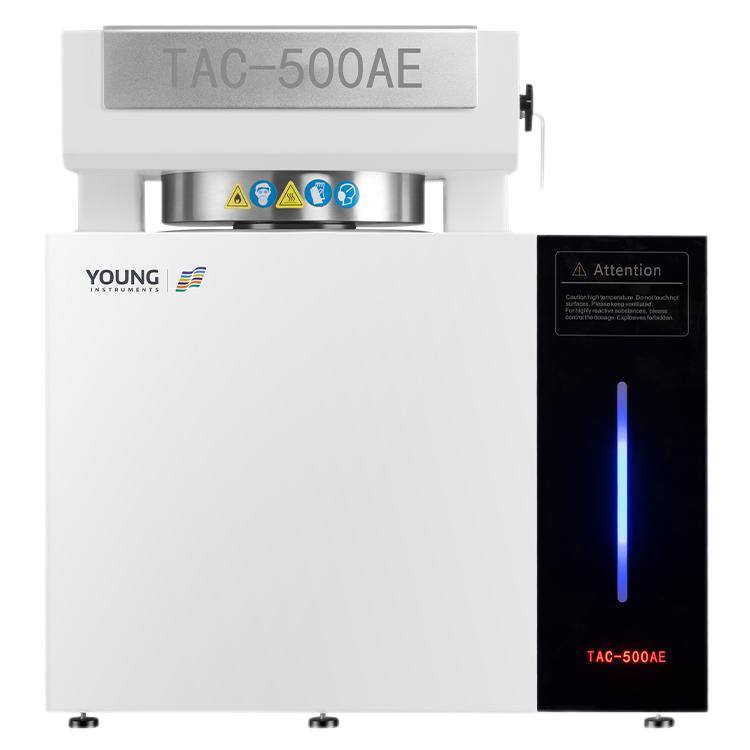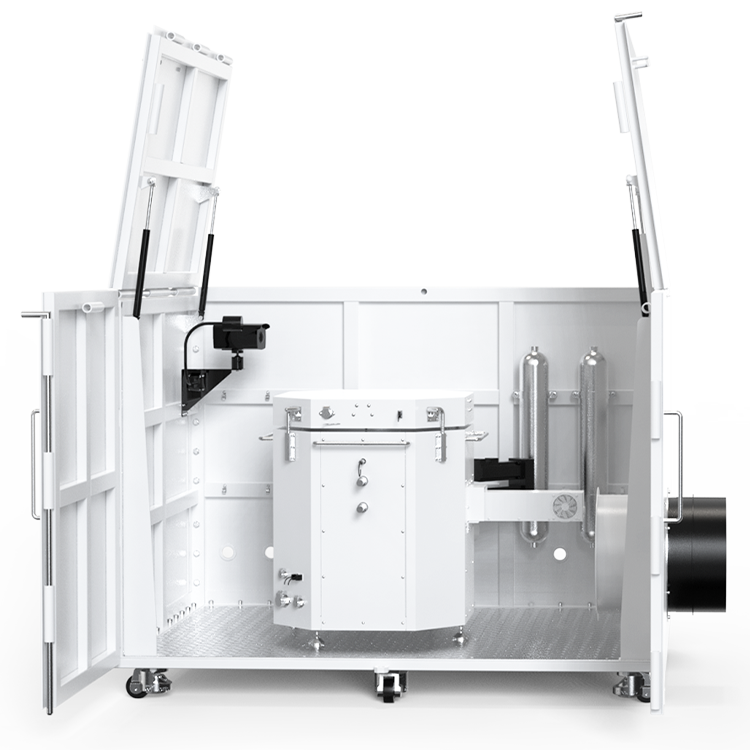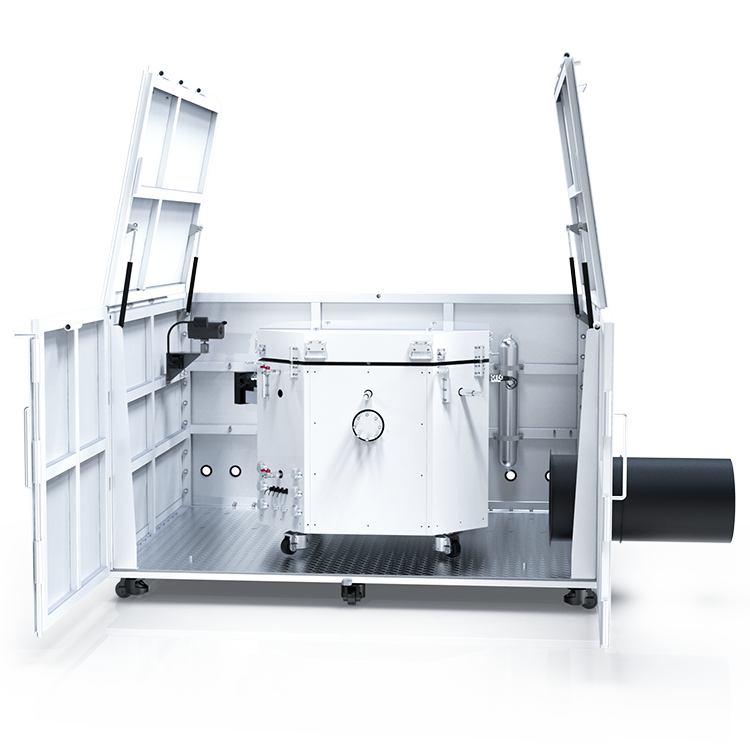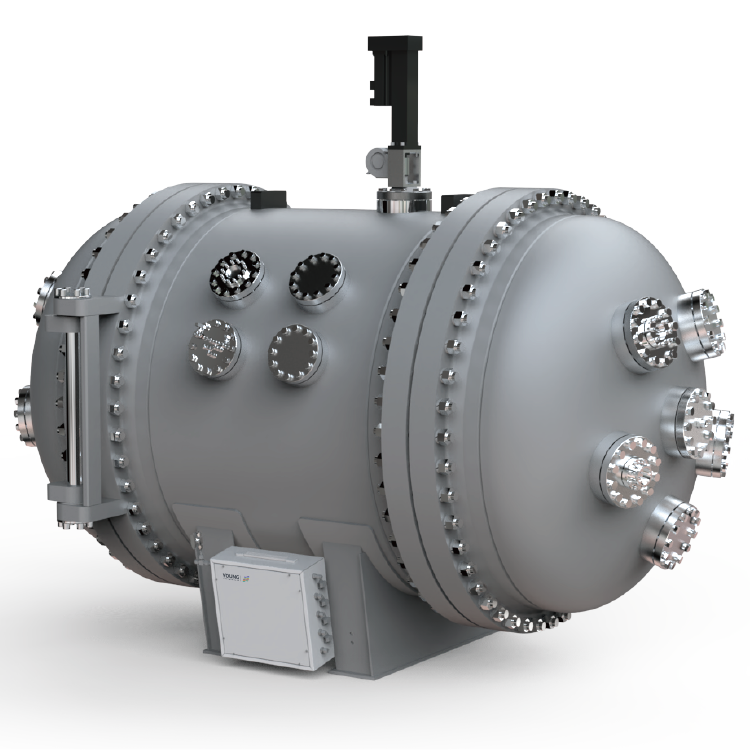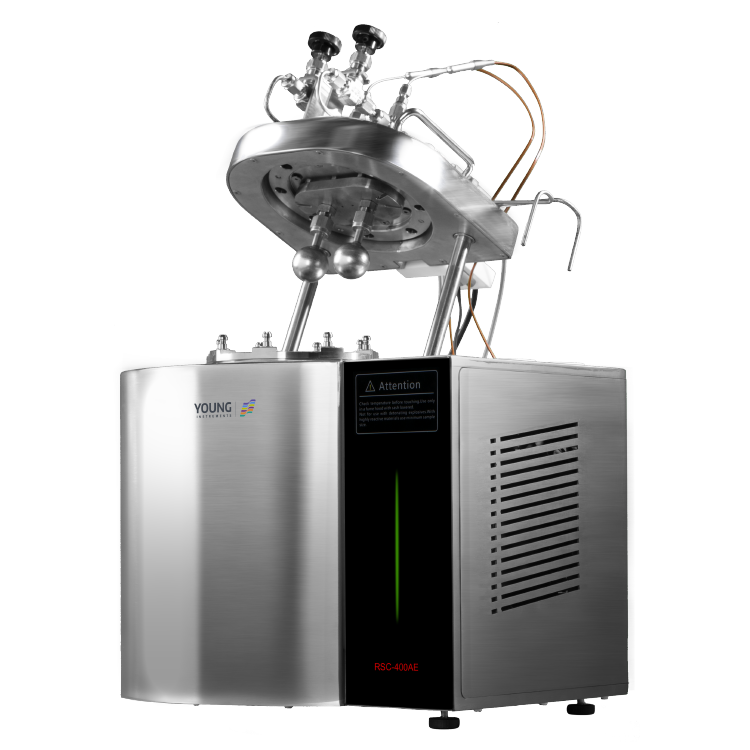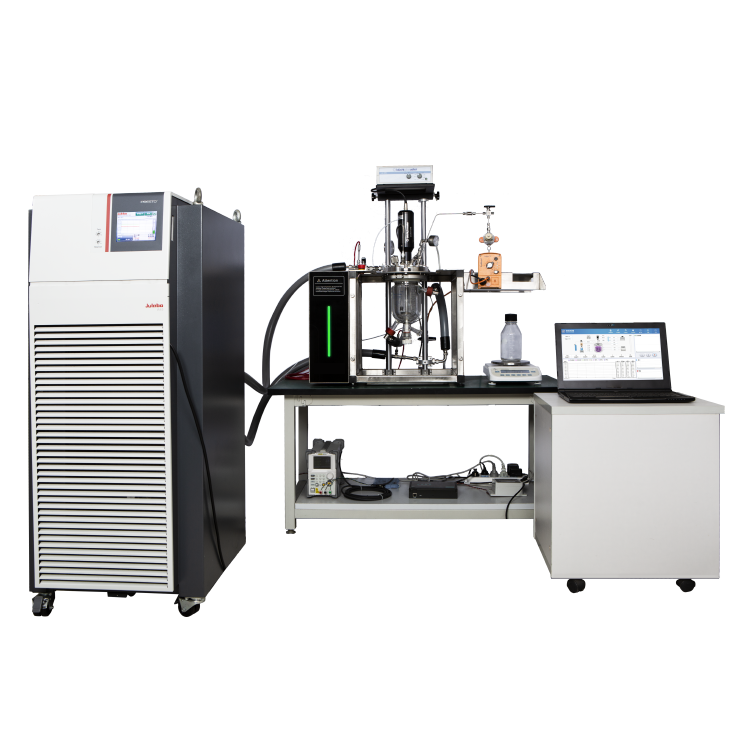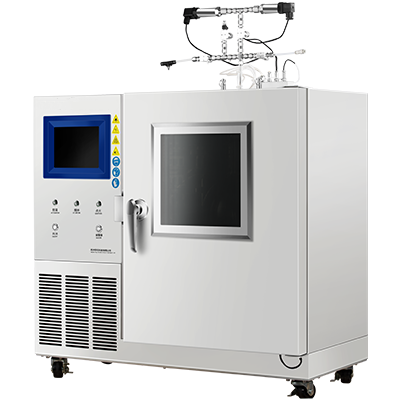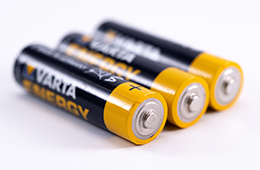Advanced Testing with ASTM D6450: Microscale Flash Point Tester
The ASTM D6450 standard details procedures for measuring liquid flashpoints with a small-scale closed-cup tester. Microscale flash point testing is vital across industries like pharmaceuticals, chemicals, and manufacturing for safety, compliance, and quality control. This method determines the lowest temperature at which a liquid releases enough vapor to ignite near an ignition source. This precise assessment evaluates material flammability and handling risks, which are crucial for accident prevention and regulatory compliance.
Understanding ASTM D6450
Scope and Applicability of ASTM D6450
ASTM D6450 sets forth guidelines for determining the flash point of liquids using a small-scale closed cup tester. It applies broadly across industries, encompassing petroleum products, chemicals, and other flammable liquids. The standard aims to ensure safety and regulatory compliance by evaluating the combustion hazard characteristics of these substances. It is widely adopted in pharmaceuticals, chemicals, and manufacturing sectors to assess liquid flammability, guiding safe handling and storage practices.
Key Parameters and Measurements Defined by the Standard
The standard specifies critical parameters for flash point testing, including the temperature at which vapors from a liquid ignite, the rate of temperature increase during testing, and the method of ignition employed. Rigorous control over testing conditions—such as temperature rise speed and sample size—ensures consistent and precise results. By adhering to these parameters, ASTM D6450 provides reliable data on the flammability and combustion behavior of various liquids, supporting informed safety protocols and regulatory compliance.
Comparison with Other Flash Point Testing Methods
In comparison to traditional methods like the Pensky-Martens and Cleveland open cup tests, ASTM D6450 offers distinct advantages. Its microscale approach requires smaller sample sizes and delivers quicker results with enhanced accuracy. Moreover, the closed cup method minimizes vapor release, reducing ignition risks and creating a safer testing environment. These features make ASTM D6450 particularly suitable for industries requiring efficient and reliable assessment of liquid flammability. 
Microscale Flash Point Tester FP CC-420AE
Description of the Microscale Flash Point Tester Device
The FP CC-420AE microscale flash point tester is an advanced instrument designed for precise determination of closed cup flash points across a range of substances. Utilizing the continuous closed cup method, it evaluates the combustion hazard characteristics of liquids such as petroleum products, transformer oils, paints, and fragrances. This method ensures high precision and efficiency while minimizing sample size, thereby promoting cost-effectiveness and environmental sustainability.
Advanced Features of the FP CC-420AE
Equipped with a continuously closed cup operation and high-voltage electron ignition, the FP CC-420AE enhances operational safety by eliminating open flames during testing. It incorporates a built-in refrigeration module for rapid cooling between tests, facilitating a broad spectrum of flash point assessments with minimal downtime. The device supports full-automatic testing and calibration under atmospheric pressure, providing real-time temperature and pressure curves for comprehensive data analysis. Its user-friendly 7-inch color touchscreen and multilingual interface ensure intuitive operation and efficient data management.
Technical Specifications and Capabilities
Operating within environmental conditions of 5°C to 40°C and humidity below 85%, the FP CC-420AE offers precise temperature control from -30°C to 420°C. It accommodates customizable temperature rise speeds and maintains temperature accuracy within ±0.1°C. With a pressure testing range up to 200kPa and adjustable stirring speeds from 50rpm to 300rpm, the device supports versatile testing requirements. It stores up to 25,000 test entries and interfaces seamlessly via RS232, RJ45, and USB ports. Powered by AC220V/50Hz, it meets industry standards for safety, reliability, and performance.

Benefits of Using Microscale Flash Point Tester
Precision and Accuracy of Results
Microscale flash point testers, exemplified by models like the FP CC-420AE, deliver exceptionally precise and accurate results crucial for evaluating the combustion risks of various substances. Employing the continuous closed cup method, these testers maintain controlled test conditions, thereby minimizing variability and enhancing the reliability of data. Such precision is indispensable for safety assessments and ensuring compliance with regulatory standards in industries handling flammable liquids.
Efficiency: Reduced Sample Size and Test Duration
A significant advantage of microscale flash point testers lies in their requirement for minimal sample sizes, which reduces costs and minimizes waste associated with larger sample requirements. Moreover, these advanced testers employ technology that expedites testing processes without compromising accuracy. This efficiency is particularly advantageous in environments requiring high-throughput testing capabilities, enhancing overall operational efficiency and productivity.
Versatility: Compatibility Across Diverse Samples and Conditions
Microscale flash point testers demonstrate remarkable versatility, accommodating a wide range of sample types and environmental conditions. Whether assessing oils, fragrances, paints, or viscous materials, these testers reliably measure flash points under varying circumstances. This adaptability ensures their applicability across multiple industries, supporting precise and efficient evaluations of flammability and safety.
Applications and Industry Use Cases
Industries Benefiting from Microscale Flash Point Testing
Microscale flash point testing offers invaluable benefits across diverse industries, including oils, fragrances, flavors, and paints. In the oil sector, it aids in evaluating the safety of petroleum and transformer oils. For fragrance and flavor industries, it ensures the safe handling and storage of volatile substances. In paint manufacturing, it assesses the flammability characteristics of solvents and coatings, ensuring compliance with stringent safety regulations.
Real-World Applications: Case Studies
Real-world applications underscore the critical role of microscale flash point testing in enhancing safety and regulatory compliance. For instance, a fragrance manufacturer utilized the FP CC-420AE to assess new formulations, mitigating fire hazards during production and storage. Similarly, a paint company integrated microscale testing to streamline quality control processes, ensuring all products met rigorous safety standards before market release. These case studies exemplify how microscale flash point testers contribute to operational safety and product quality across diverse industrial applications.

Challenges and Considerations
Common Challenges in Microscale Flash Point Testing
Despite its advantages, microscale flash point testing presents challenges such as sample contamination, equipment calibration issues, and environmental influences like humidity and temperature fluctuations. These challenges necessitate meticulous adherence to testing protocols and stringent quality control measures to maintain data integrity and reliability.
Factors Impacting Test Accuracy and Reliability
Several factors influence the accuracy and reliability of microscale flash point tests, including sample quality, cleanliness of equipment, and precise control of testing conditions. Even minor deviations in temperature or pressure can significantly impact test outcomes, underscoring the importance of rigorous testing procedures and equipment maintenance.
Strategies for Overcoming Challenges
Addressing challenges in microscale flash point testing requires implementing robust testing protocols, regular equipment maintenance, and comprehensive staff training. Proper sample preparation and handling practices minimize contamination risks, while frequent calibration of testers ensures consistent performance. Monitoring and controlling environmental variables during testing further enhance result accuracy and reliability, fostering confidence in safety assessments and regulatory compliance.
Final Words
The ASTM D6450 standard defines protocols for measuring liquid flashpoints using a small-scale closed-cup tester, offering crucial insights into the combustion risks of diverse substances. Microscale flash point tester is indispensable in pharmaceuticals, chemicals, and manufacturing sectors to uphold safety, regulatory compliance, and quality control. By determining the temperature at which a liquid emits enough vapor to ignite near an ignition source, this method provides accurate assessments of material flammability and associated handling risks. These evaluations play a pivotal role in preventing accidents and ensuring adherence to stringent regulatory guidelines, thereby safeguarding both industrial processes and personnel.








